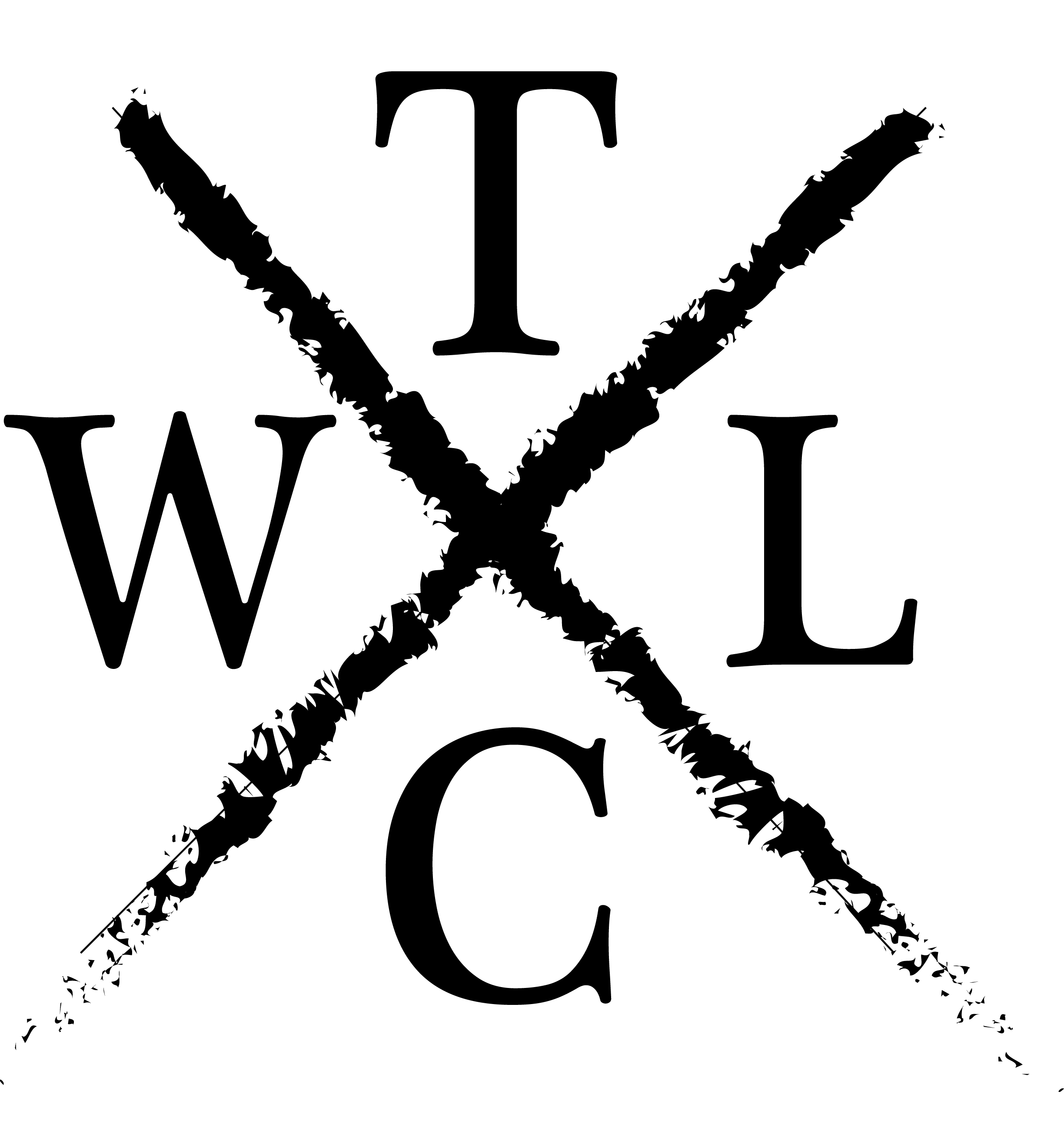Reconnect to Nature
The Rowan Ranch has been in the family for 100 years, since its purchase in 1914 by James Davies. James was part of an Oregon pioneer family that arrived in Milwaukie in the late 1840’s. It was on an outcropping of basalt rock that James Davies built a small family cabin in 1916. Later, after his daughter, Arline, gave birth to 3 sons, James, Robert, and Ed, he built an addition to accommodate his growing family. He and his extended family used the cabin as a summer home until the late 1930s.
In the 1920’s James opened a hotel along Trout Creek. The 40 mile journey from Portland to the Ranch took about two days in a Model T, mostly on crude roads and with frequents stops to change tires. James’ three sons spent their teenaged summers working in the seasonal hotel. During the Depression the hotel was lost, but the cabin remained a family getaway.
With the arrival of World War II there was a huge demand for lumber. Timber interests and the U.S. Government petitioned to build a private logging road from Canby to the headwater of the Molalla River Basin. They approached Arline and proposed to run the road directly along the river's edge. She was strong willed in her commitment to the unspoiled beauty of the land. Arline demanded they place the road 1,000 feet back from the river and eventually won the battle. Today it remains the only portion of the river with no road alongside it. After Arline died the property passed to her three sons, Jim, Ed, and Bob. After the war Ed persuaded Jim and Bob to selectively log a portion of the property in the area that is now known as The Punchbowl. The three brothers agreed to concentrate the area of logging to the far southwest corner of the land that was away from the river and the cabin.
Throughout the 60’s the land continued to be used on occasion for family picnics, hikes, camping, and to collect family Christmas trees in the winter. Jim became the strongest advocate for preservation of the land and spent many summers in the cabin.
Eventually a lack of presence and care for the infrastructure led to the cabin being vandalized and falling into disrepair. It had become a popular swimming hole for locals and visitors and was nearly taken over by trespassers.
In the late 70’s Bill Rowan moved into the tiny cabin with his wife Sheila and son Jason at the suggestion of his mother, Betty. Over the next twelve years his family grew as the cabin and property were slowly repaired and rebuilt.
After leaving the property in 1985 the cabin came into the hands of renters who once again let the cabin fall into disrepair. Again Bill took the land back over, fixing up the cabin and hiring a caretaker to look over the property and infrastructure.
Today the land is thriving. It continues to provide a respite for the family to enjoy a beautiful piece of nature that is part of their family legacy. Additionally, family friends and renters are able to escape from urban living to quietly experience this magical place.
In each generation since 1914, through natural and unnatural threats, members of the family have preserved the land in honor of the generations that came before and in hopes of preserving the land for generations to come.
The Old Covered Bridge
THE LAND #molallaismossome
The 200 acres of old growth forest has some of the most beautiful and pristine spaces in Oregon. The Davies/Rowan Ranch encompasses over a mile of riverfront on both sides of the Molalla River, as well as over a half mile on either side of Trout creek. One of the most beautiful spots on the property is the confluence of the two waters, where the cascade of the creek rushes into the river, creating an exceptional swimming hole and breeding ground for Salmon.
In addition to a long line of Davies & Rowans, the Molalla land is home to several plant and animal species. Trees include Douglas fir, hemlock, maple, alder, birch, and yew. The canopy of trees houses Oregon grape, several types of fern, huckleberry, strawberry, and blackberry. The land is also home to many generations of wild life including brown bear, whitetail deer, mountain lion, bobcat, elk, beaver, otter, owls, woodpeckers, osprey, cranes, blue jays, and robin. The Molalla is also home to salmon (chinook and sockeye), rainbow trout, steelhead, and crawfish.
Most of the property has never been logged nor undergone any significant unnatural changes, constituting the land as an old-growth forest. Over 6,000 acres of America’s open spaces disappear each day and only 4% of America’s old-growth forests still remain.
Trout Creek Villa circa early 1900s
We humbly acknowledge that our programming is held on the traditional lands of the Molalla people. We take this opportunity to offer respectful recognition to the Native communities in our region, and to those who have stewarded this land throughout the generations. We recognize the continual displacement of Native people by the United States and are committed to work on dismantling the ongoing effects of this settler colonial legacy. Please join us in gratitude for the contributions Indigenous peoples have and continue to make to our community, country, and world.






